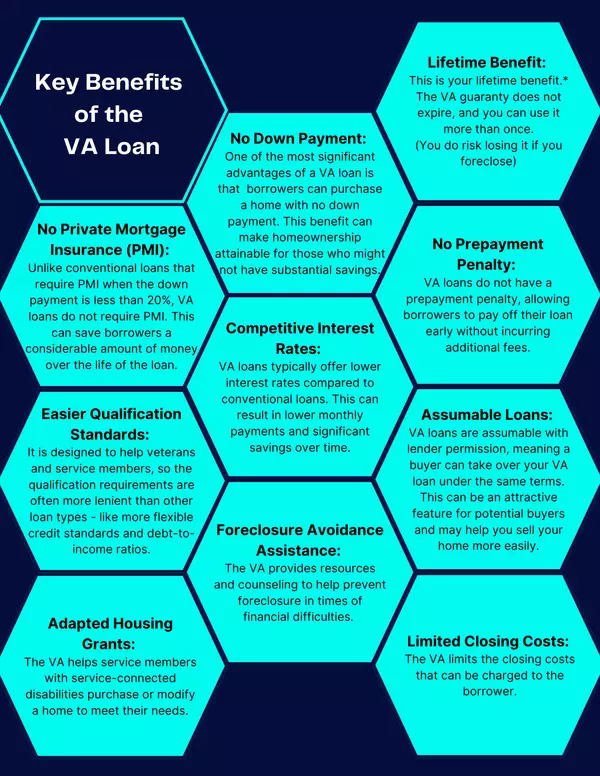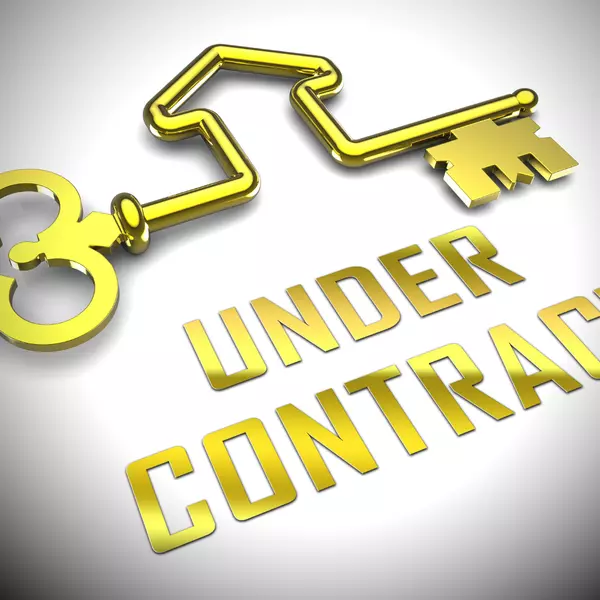Negotiating Tips When Buying or Selling

Guide to Negotiating Tips When Buying or Selling a Home
Your real estate agent should be your go-to source for navigating the negotiating process when you are buying or selling a home, however it is always a good idea to have some knowledge to be able to advocate for yourself. Negotiating the purchase or sale of a home can be a complex process, but with the right strategies, you can secure a favorable outcome. This guide provides valuable tips and insights for negotiating in real estate transactions, whether you're buying or selling a home. It covers common points of negotiation and creative ways to make your offer stand out. Let's dive in:
First, Understand the Market: Before entering negotiations, research the local real estate market to understand its current conditions. Look into recent sale prices of comparable properties, average time on the market, and any trends that may impact negotiations.
Second, Set Realistic Goals: Define your goals and priorities before starting negotiations. Be clear about what you want to achieve and what you're willing to compromise on. Setting realistic expectations will help you stay focused and make better decisions during the negotiation process.
For Buyers:
- Determine Your Budget: Establish a clear budget and stick to it. Knowing your financial limits will guide your negotiation strategy and help you avoid overpaying for a property.
- Get Pre-Approved for Financing: Obtain a pre-approval letter from a reputable lender. This document demonstrates your financial credibility to sellers and strengthens your negotiating position.
- Identify Seller Motivation: Try to understand the seller's motivations. If they are in a hurry to sell or have already purchased another property, they may be more open to negotiation and flexibility.
- Start with a Strong Offer: Make an initial offer that is competitive yet within your budget. Lowball offers can be off-putting and may not elicit a positive response from the seller. A strong offer shows your seriousness and may give you an advantage in negotiations.
- Include an Escalation Clause: An escalation clause can be a powerful tool in a competitive market. It automatically increases your offer by a specified amount if another buyer submits a higher bid, ensuring you remain in the running without having to constantly adjust your offer.
- Offer Incentives: Consider including incentives in your offer to make it more appealing. Examples could include paying for certain closing costs, offering a flexible closing date, or providing a home warranty.
For Sellers:
- Price Your Home Realistically: Set a fair and competitive listing price based on market conditions and recent comparable sales. Overpricing your home can discourage potential buyers and weaken your negotiating position.
- Improve Curb Appeal: Enhance your home's curb appeal to make a strong first impression. A well-maintained exterior and attractive landscaping can make your property more desirable to buyers.
- Disclose Repairs and Upgrades: Be transparent about any recent repairs, renovations, or upgrades you've made to the property. Highlighting these improvements can justify your asking price and give buyers confidence in the home's condition.
- Stage the Home: Consider staging your home to showcase its best features. Well-placed furniture, tasteful decor, and a clutter-free environment can help buyers visualize themselves living in the space.
- Offer Seller Concessions: To make your offer stand out, consider offering concessions, such as covering a portion of the buyer's closing costs or providing a home warranty. These incentives can give buyers an added incentive to choose your property over others.
- Be Open to Negotiation: Stay open-minded during negotiations. Flexibility on price, closing dates, or contingencies can help facilitate a smoother transaction and increase the chances of reaching an agreement.
General Negotiation Tips:
- Communicate Clearly: Whether you're buying or selling, ensure effective communication throughout the negotiation process. Be clear about your expectations, concerns, and any counteroffers you make.
- Be Respectful and Professional: Maintain a respectful and professional demeanor throughout the negotiation process. This can help foster goodwill and improve the likelihood of a successful outcome.
- Focus on Win-Win Solutions: Strive for a win-win outcome where both parties feel satisfied. Look for creative solutions that address the needs and priorities of all parties involved.
- Hire a Skilled Real Estate Agent: Consider enlisting the services of an experienced real estate agent who can provide expert guidance and negotiate on your behalf. Their knowledge of the market and negotiation skills can be invaluable in securing a favorable deal.
Remember, negotiation is a give-and-take process, and flexibility is key. By understanding the market, setting realistic goals, and employing effective negotiation strategies, you can increase your chances of achieving a successful outcome when buying or selling a home.
Categories
Recent Posts










